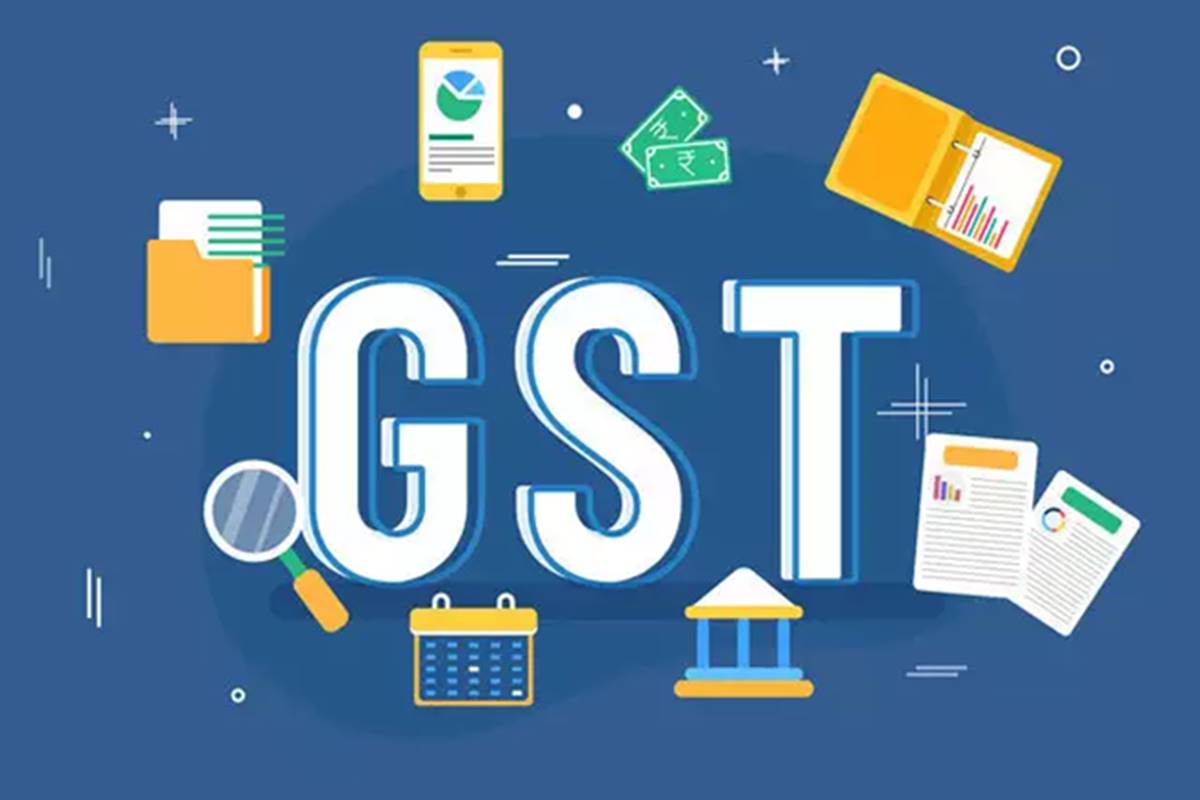The GST Law has defined its offenses and penalties that are levied in each scenario. This is an important topic for every business owner, CA, CS as any mistake can cause severe consequences.
Overview
GST law prevents many tax evasion and corruption over tax as it contains strict provisions for offenders regarding penalties, prosecution and arrest. The introduction of GST Law Government of India ensures to prevent tax evasion and corruption and also introduces stricter liabilities for the non-payment of the same.
Offences and Penalties
Offenses
There are 21 offences which are being introduced under GST law. Some of the offences which has been introduced by the introduction of GST law are as follows-
- When the company/organization or an individual has not enrolled themselves under GST Law, even when it is required by law.
- Supply of any goods/ services without any invoice or issuing a false invoice.
- The issue of invoices by a taxable person using the GSTIN of another bonafide taxpayer.
- Submission of false information without getting registered under GST Laws.
- Submission of fake financial records/ documents or files,or fake returns to evade tax.
- Obtaining refunds by fraud.
- Deliberate suppression of sale to evade tax.
- Opting for a composition scheme even though a taxpayer is ineligible.
Penalty
If any of the offense is committed by a taxpayer, then he is liable for the penalty which he has to pay under GST. the principals on which these penalties are based are mentioned by law.
For Late Filing
If returns of GST are filed late i.e. after the last date of filing, then it would involve a penalty of Rs. 100 per day as per the Act. So it is 100 under cgst and 100 under sgst so, total late fee would be levied of Rs. 200/- per day along with the interest of 18% per annum. The time period will be from the next day of filing of the date of payment.
For not filing
If you are not filing your GST return, then it will have a cascading effect as you will not be able to file your subsequent returns and therefore it involves heavy penalty and fines.
For the 21 offenses with no intention of fraud or tax evasion
If the offender is not paying the tax or making short payments must pay a penalty of 10% of the tax amount due subject to a minimum of Rs. 10,000/-.
For the 21 offense for the intention of fraud or tax evasion
In this case the offender has to pay 100% penalty for tax evasion subject to a minimum of Rs, 10,000/-. The tax evader could be imprisoned for a term of 1 year for tax amount 100-200 lakhs, upto 3 years for 200-500 lakhs and upto 5 years for the tax amount of 500 lakhs and above.
Inspection under GST
The Joint commissioner of CGST and SGST may have reasons to believe hat in order to evade tax, a person has suppressed any transaction or claimed excess input tax credit etc. then the joint commissioner can authorize any other officer of CGST/SGST in writing to insect places of business of the suspected evader.
Search and Seizure under GST
The joint commissioner can order for search and seizure if he finds any person liable for tax evasion on the basis of the inspection.
Goods in Transit
If a person in charge is carrying goods exceeding 50,000/- is required to carry the following documents-
- Invoice or bill or delivery challan
- Copy of e-way bill
Compounding of offences under GST
Compounding offenses is a shortcut method to avoid litigation. In case of prosecution each time of hearing in criminal proceedings a person has to appear before a magistrate along with his advocate which is little time consuming process.
In compounding offence, the accused is not required to appear personally and can be discharged on payment of compounding fee which cannot be more than the maximum fine as applicable under GST.
Prosecution under GST
If someone has committed crime under GST law deliberately, then he is subject to criminal prosecution under the law. A few example of these offenses are follows-
- Issue of an invoice without supplying any goods and services
- Obtaining refund of any CGST/SGST by fraud
- Submitting fake financial records/ documents or files and fake returns to evade tax.
- Helping another person to commit fraud under GST.
Arrest under GST Law
Any person accused of committing a cognizable offense is entitled to get arrested within 24 hours of the offense. Then he is to be produced before the Magistrate within 24 hours of the arrest.
Appeal
Any person aggrieved by the decision of tribunal or court may appeal in the appellate court. If the person is aggrieved by the decision of fit appellate authority then he could appeal in the National Appellate Tribunal and then to the High court and Supreme court thereafter.

